Why the UK’s Online Safety Act Is Sparking Concern
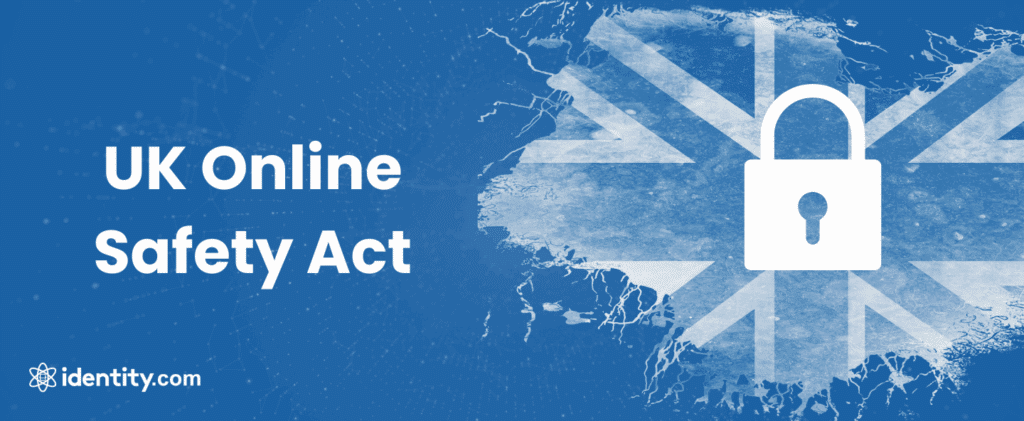
The UK’s Online Safety Act has now become law, beginning a phased rollout that will reshape how people interact with online platforms. Lawmakers framed the Act as a necessary step to protect children from harmful material such as pornography, violent imagery, and content promoting self-harm. Few dispute the goal of child safety, but critics say […]
Who’s Selling Your Data? Why Data Brokers Are Under Fire

Key Takeaways: Data brokers are companies that collect, buy, and sell personal information often without your knowledge. They gather data from apps, websites, and public records to build detailed profiles for marketing and risk targeting. State governments are stepping in with their own privacy laws to regulate data brokers and increase transparency. But without a […]
What Is a Customer Identification Program (CIP)?

Key Takeaways: The Customer Identification Program (CIP) focuses on the initial verification of a customer’s identity to comply with regulatory requirements. CIP requires businesses to collect specific customer information, such as name, address, date of birth, and identification number, to verify identity. CIP is a crucial component of the broader Know Your Customer (KYC) process, […]
What Is KYC (Know Your Customer)?

Key Takeaways: KYC (Know Your Customer) requires businesses to verify customer identities before conducting financial transactions. This process helps prevent fraud, money laundering, and identity theft by ensuring that individuals are who they claim to be. KYC verification is part of the broader Customer Due Diligence (CDD) framework, which involves ongoing transaction monitoring to detect […]
The Take It Down Act and the Future of Platform Accountability
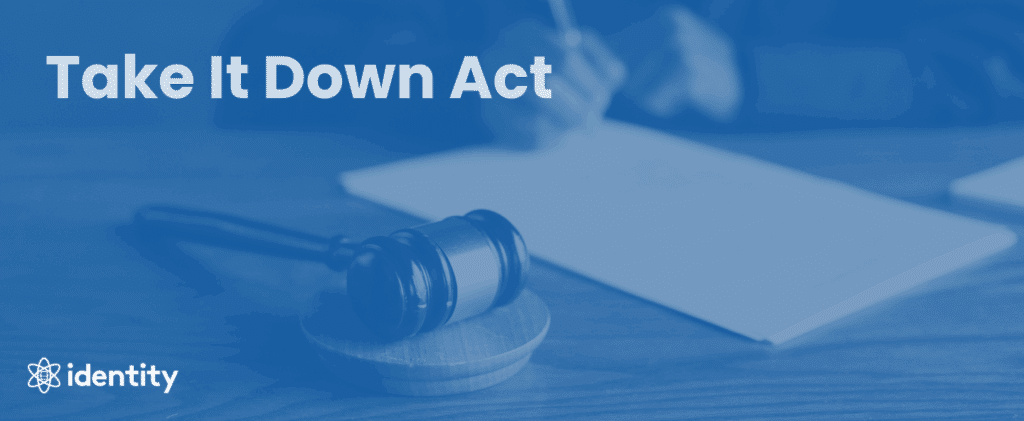
The spread of AI tools has made it easier to create fake images, videos, and voice recordings that look and sound real. While some of these tools are used for entertainment or creative work, they are also being used to harm people. This is especially true in cases where fake intimate images and videos are […]
How the Consortium of Privacy Regulators Is Enforcing Privacy
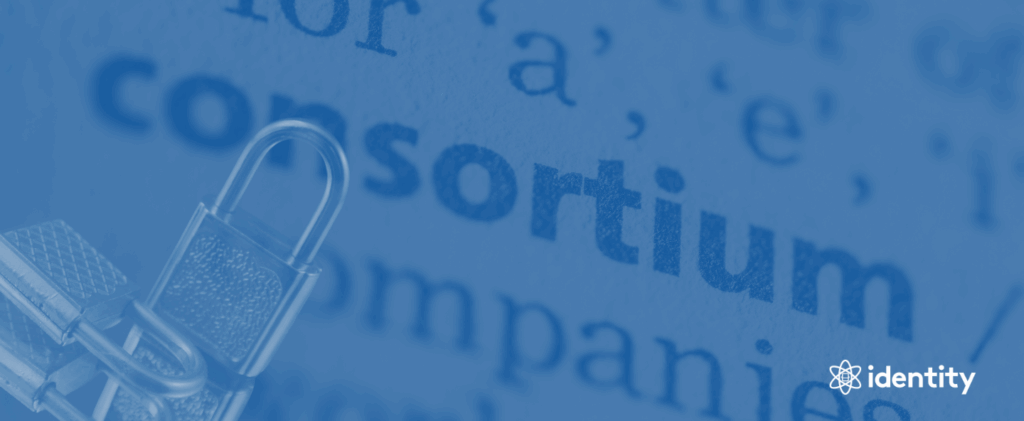
Key Takeaways: The Consortium of Privacy Regulators is unifying state-level enforcement, creating stricter and more consistent expectations for businesses handling personal data. This marks a shift away from fragmented compliance and toward coordinated oversight. Identity platforms are under increased scrutiny, especially for how they store data, obtain consent, and justify data collection. Regulators are pushing […]
What Is EU’s eIDAS Regulation?
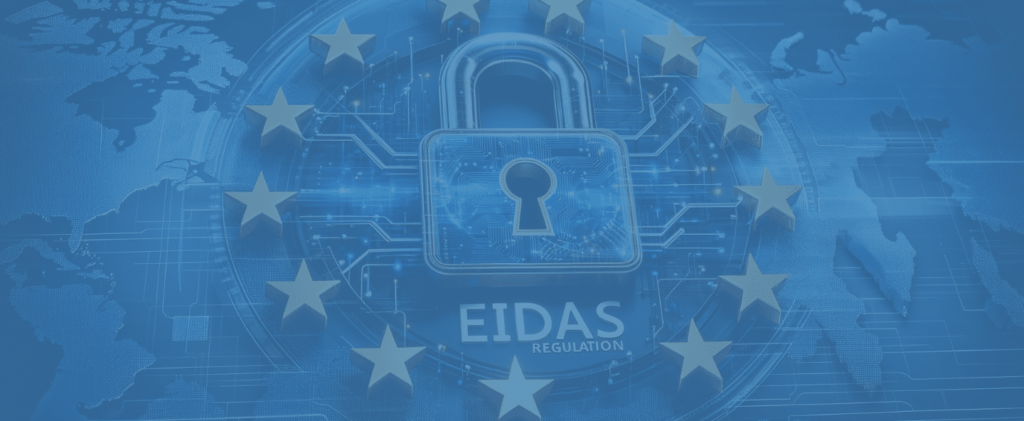
Before eIDAS, the EU’s digital landscape was quite fragmented. Each country had its own rules for online identification and digital trust services, making it hard for individuals and businesses to work smoothly across borders. There were no uniform rules for electronic signatures, and people generally didn’t trust digital processes. This lack of consistency made doing […]
What Is the EU’s Digital Identity (EUDI) Wallet?

Key Takeaways: The EUDI Wallet is a secure, user-controlled system designed to identify European citizens. It allows individuals to manage their digital ID and access services across the EU while maintaining privacy. It enables seamless access to both public and private services within the EU, making cross-border identification and verification simpler and more efficient. The […]
Why the No Fakes Act Is Pushing Platforms to Act on AI
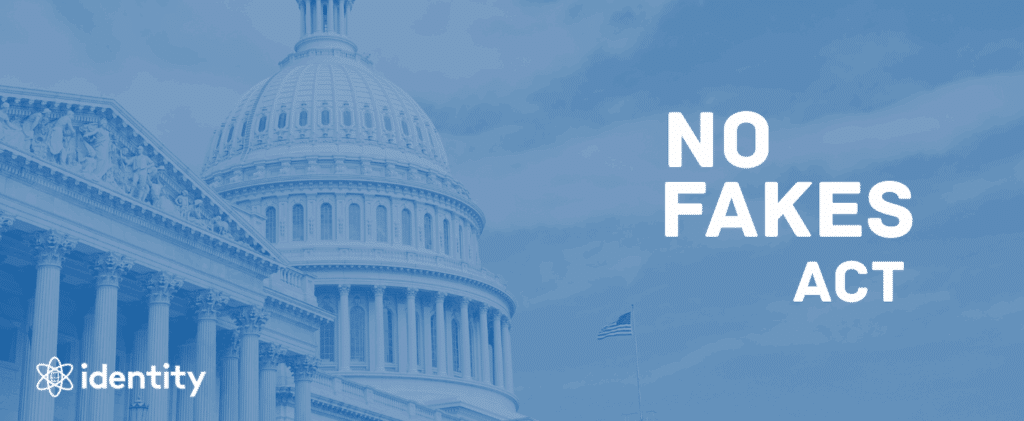
Key Takeaways: The No Fakes Act is closing a major legal gap around AI-generated content. This bill gives creators and everyday users stronger protection against deepfakes and unauthorized use of their voice or image. Big Tech platforms are backing up the No Fakes Act, but still lack strong enforcement. YouTube, TikTok, Meta, and Spotify have […]